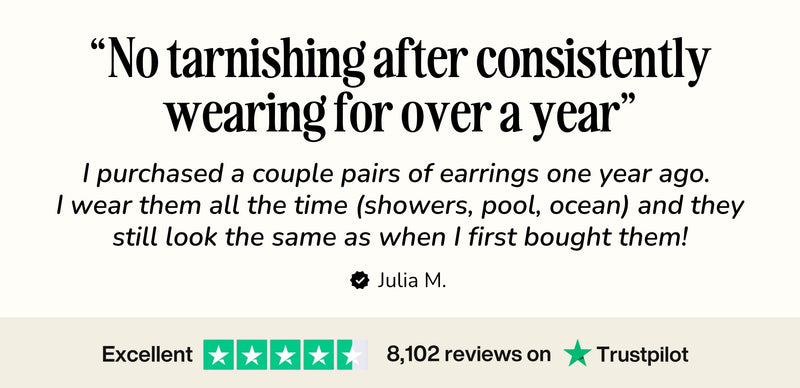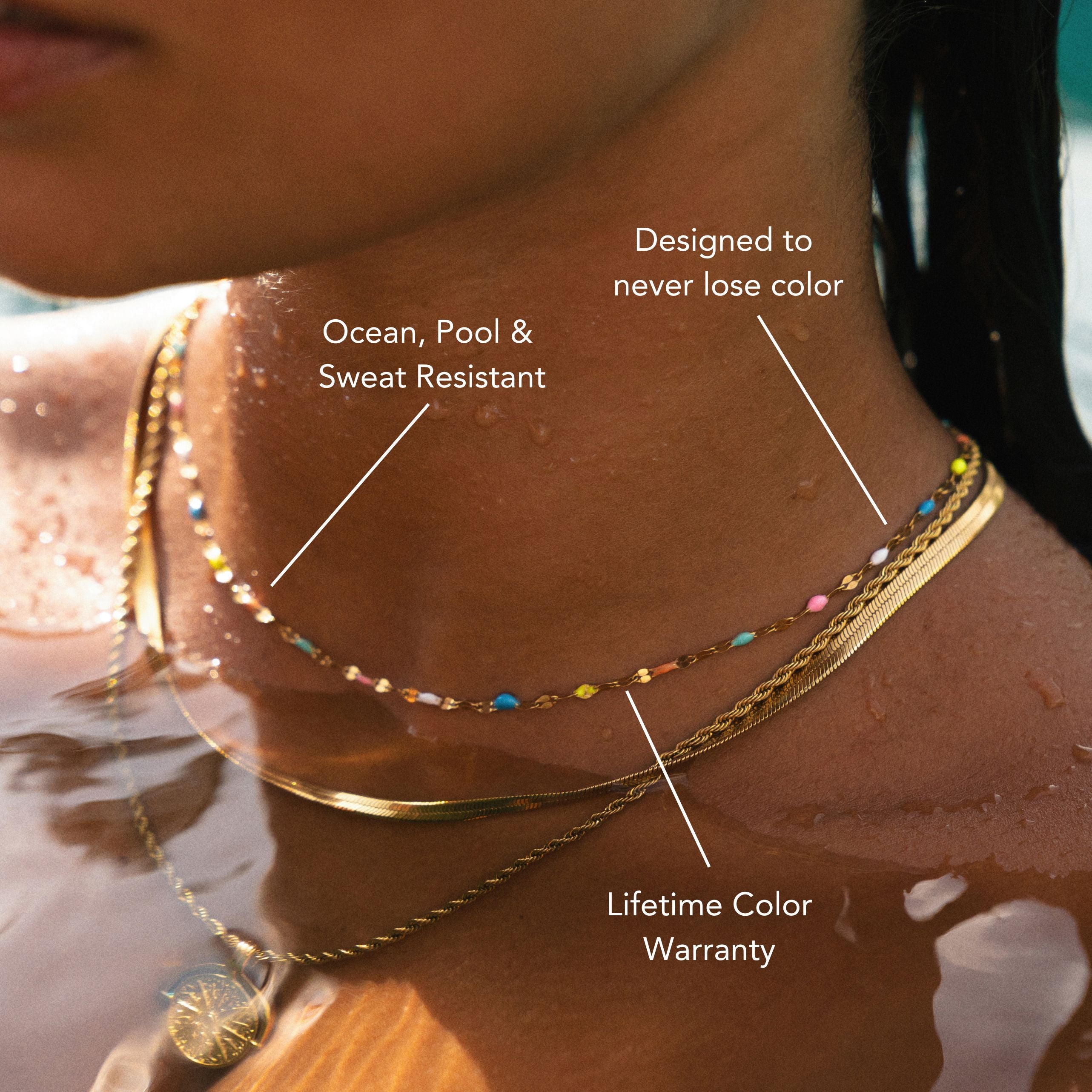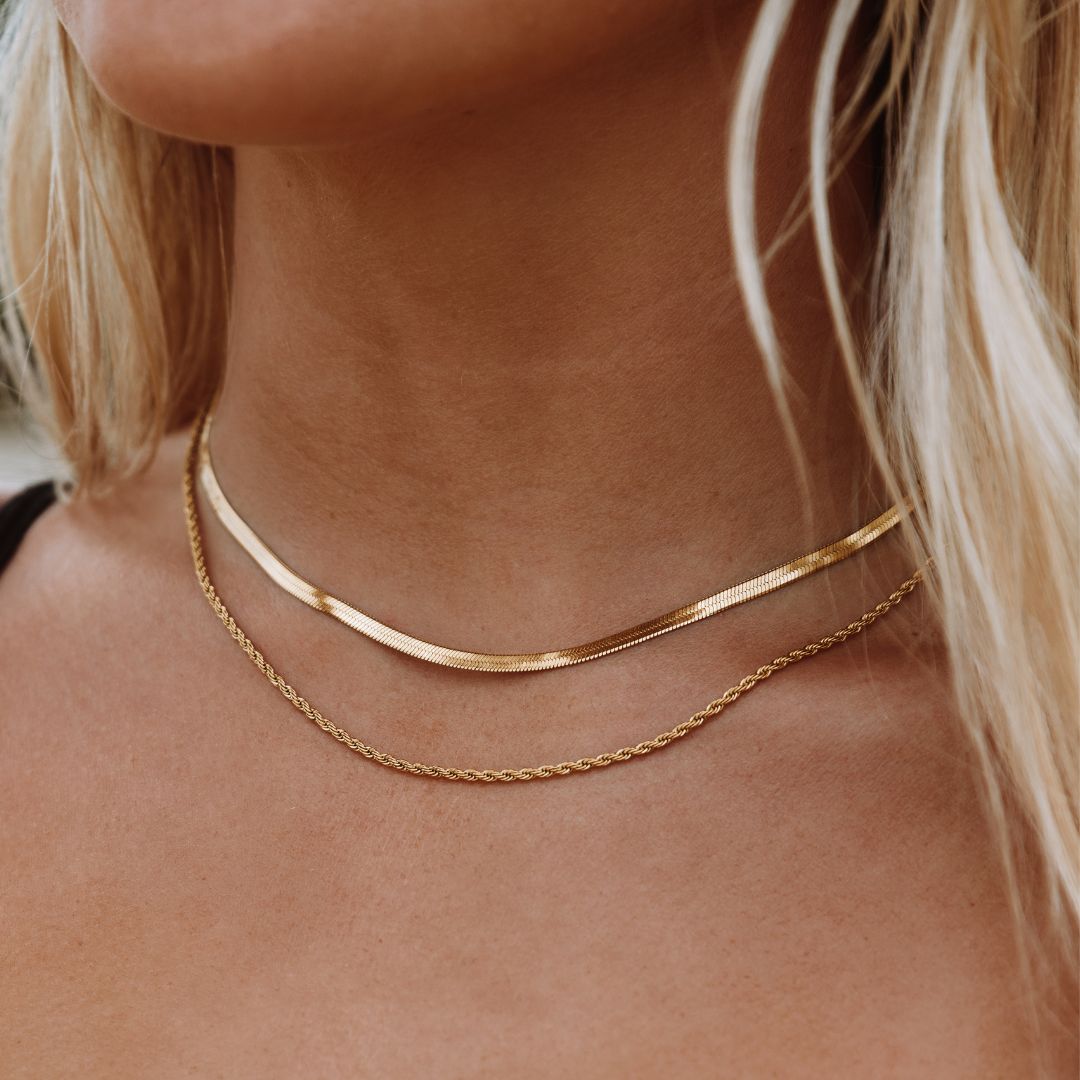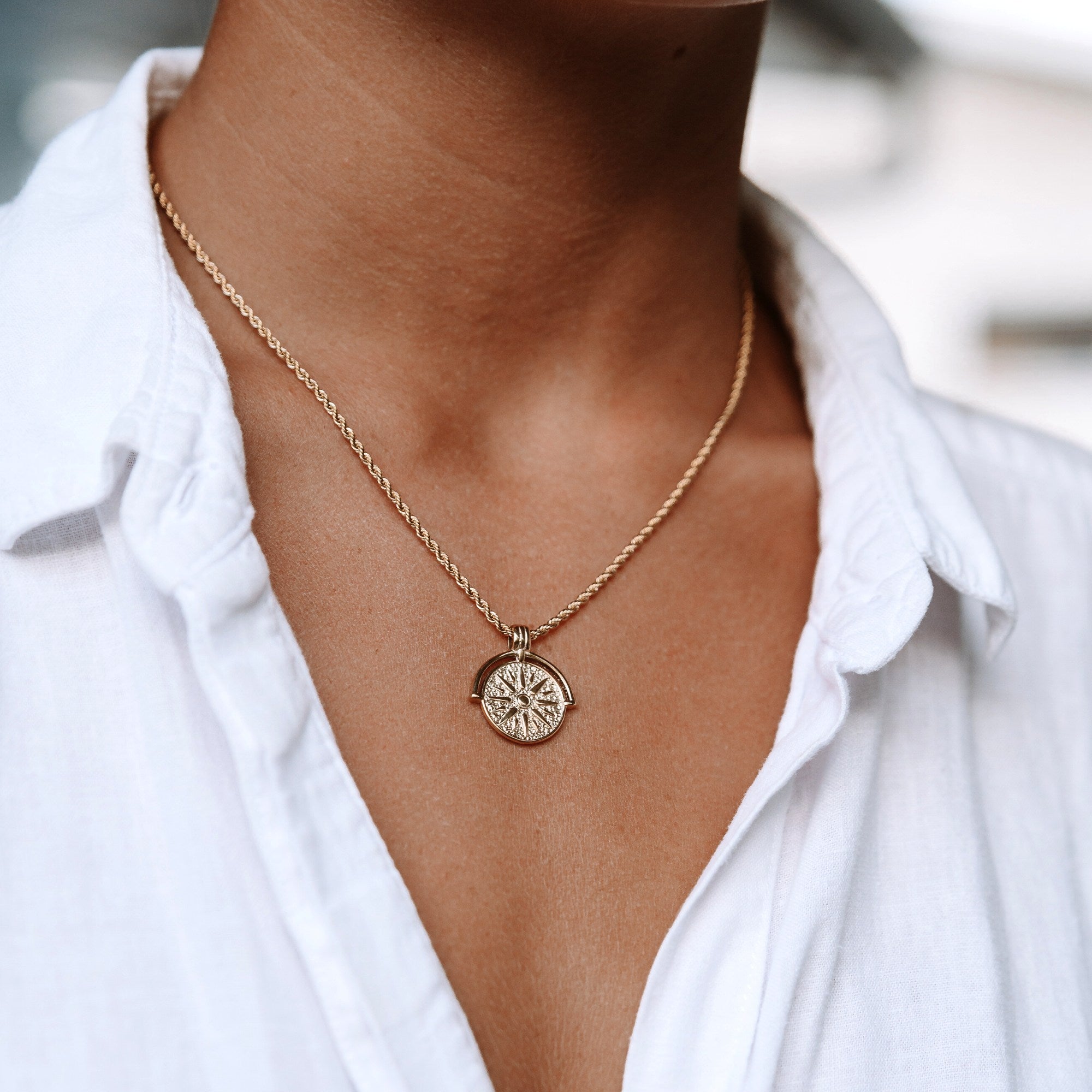Amazing Facts On How Pearls Are Formed
Pearls are one of the fascinating types of objects in the world. They come in various forms, sizes, and shapes. They are among the most famous jewelry in the world because of their rarity and the kind of uniqueness they bring to the table. What makes them a popular choice for jewelry is how they complement the entire piece without making too many unnecessary additions.
Aside from being a popular choice for jewelry, there are still a lot that we don’t know about these gemstones. Pearls have been treasured around the world for thousands of years now.
And despite their popularity, not many people know how they are formed or where they come from to begin with. To enlighten you with this problem, we’ve piled up amazing facts on how pearls are formed and how it became a popular choice for jewelry makers.
Where Do Pearls Come From?
Before we start delving into the fascinating facts about pearls, you must know how they start. These shiny white marble-like objects are formed by mollusks such as mussels and oysters. They form when tiny bits of sands seep into the inside of these shells; once they get into the inner portions, a secretory substance is released by these shells for them to be protected from these sand particles.
Once released, the secretory substance called nacre is headed to the sand particles, wraps itself up, and covers the entire area. When the sand particles are covered with nacre, a pearl is formed.
Usually, the mussels make freshwater pearls, whereas oysters are known for making saltwater pearls. But, whether it’d be saltwater or freshwater, pearls are one of the most unique and rare gemstones that a living creature makes.
How Are Pearls Formed?
An amazing fact on how pearls are formed is when an irritant seeps into the insides of a mollusk, typically an oyster, mussel, or clam. Whenever an irritant goes inside of its shell, it detects it as an irritant. As a form of defense mechanism, the mollusk secretes a substance called ‘nacre’ that instantly wraps the irritant and coats it forming into a pearl.
Once it is wrapped around, the substance coats it lay by layer, until the shiny white pearl is formed. It is noted that almost 95% of pearls being used in jewelry are cultivated and are mostly categorized into freshwater pearls, whereas pearls found in the wild are rare as they can be. Almost 1% of saltwater pearls or uncultivated pearls are used in the jewelry-making industry.

Four Amazing Facts About Pearls
Pearls are without a doubt an interesting topic to learn in the world of science as well as its history. Here are four amazing facts on how pearls are formed.
They Are Quite Old To Say The Least
Pearls have been worn for thousands of years now. However, the earliest recorded time wherein pearls are used in jewelry dates back to 520 BC, wherein a sarcophagus belonging to a Persian princess was discovered. This magnificent pearl is now displayed at the Louvre Gallery in France.
Furthermore, pearls were popular during the medieval and Roman times worn by wealthy women along with clothing adorned with a bountiful amount of pearls and other gemstones. Pearls have had a long history in our world, from medieval, roman, Victorian, and even up to this day.
The World’s Most Popular Pearl
If you want to know the most popular pearl in the world, it comes by the name of ‘La Peregrina,’ which means incomparable in the Spanish language. La Peregrine is often regarded as one of the most beautiful and famous pearls in the world. This gemstone dates back to 550 years and has been passed on by royal families and famous people. From Napoleon Bonaparte to Queen Mary, this fascinating gemstone has come a long way.
There Are Four Types Of Pearls Sold In The Market Today
The most established and widely-available pearl type of pearl in the world is called the freshwater pearl. They are cultivated in large sources of water around China and are less priced compared to their other counterparts. This is the most abundant type of pearl.
On the other hand, the other type of pearl that is also considered a well-established pearl is the Japanese Akoya pearl, which comes from the saltwater regions of Japan as well as China. Finally, the third type of pearl is called the Tahitian pearl that is primarily cultivated in Polynesian waters and comes in various colors such as grey, purple, blue, and even green.
The last type of pearls is found in the saltwater regions of the Philippines and Australia and is called South Sea Pearls. They are one of the most popular types of pearls in the world due to their size that can reach up to 26 inches. The most expensive pearl and the largest one found was in the saltwater regions of Palawan, the pearl is called the Pearl of Puerto, and its estimated value costs $100 million.
They Are Grown On Pearl Farms
Contrary to popular beliefs, pearls used in the jewelry-making industry are mainly cultivated and are grown on pearl farms. Mollusks are artificially planted with a small dose of an irritant to start the process of making pearls.
A pearl can also be harvested without killing the mollusk. As a result, the result can repeat the nacre-coating process, which will help them provide pearls in the process. It is quite challenging to find a natural pearl these days, as they are compromised by various factors such as tsunamis, typhoons, and other disasters.
Wrapping Things Up
So, how are pearls formed? The formation of pearls has made a mark in this world for thousands of years now. They come in various shapes, colors and sizes. Whether it’d be Tahitian pearls, Japanese Akoya, South Sea pearls, or any other pearls, they are truly a fascinating gem that a living creature can produce. With our amazing facts on pearls, we hope you have learned something valuable and interesting.
You should also check out our wide selection of Ocean-inspired jewelry collections that we created out of our deep passion and love for the Ocean. Join us in sharing to everyone the spirit of the Ocean with our unique Sea-inspired jewelry that will match any outfit you wear, anywhere you go!



















Leave a comment
This site is protected by hCaptcha and the hCaptcha Privacy Policy and Terms of Service apply.